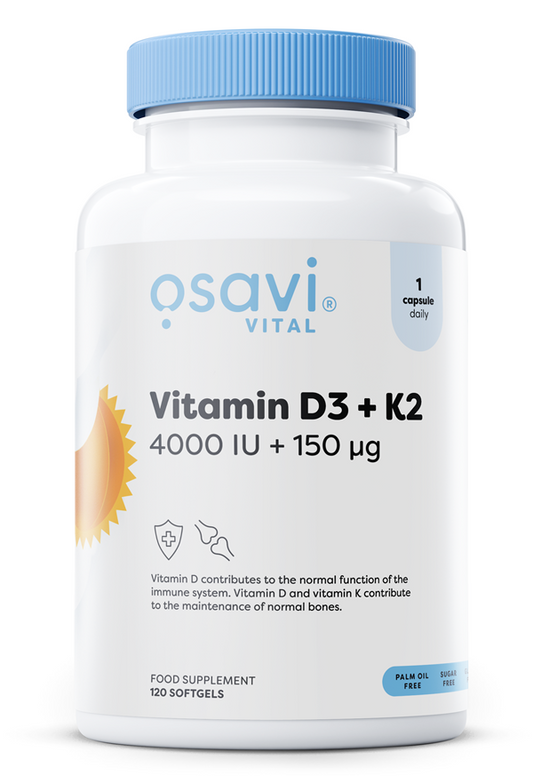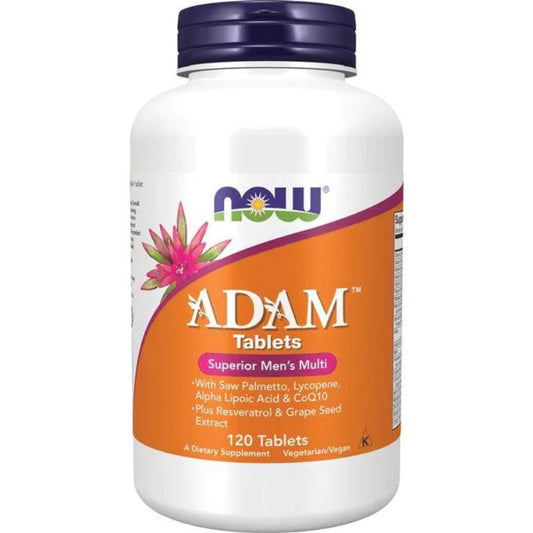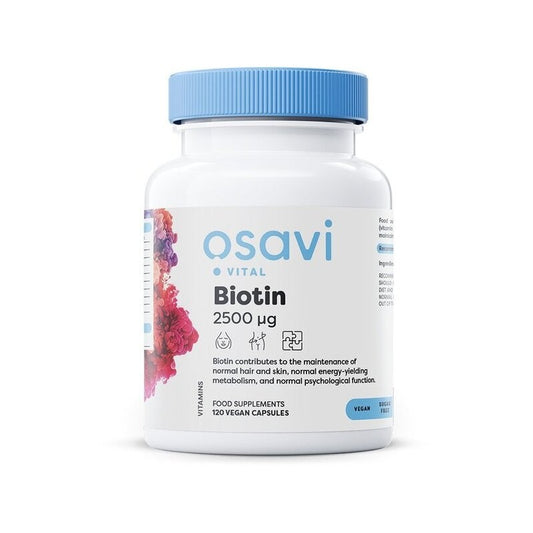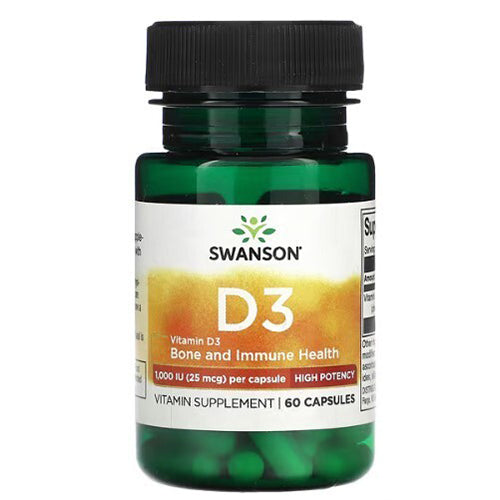
Muscle Cramps: Why They Happen and How to Support Muscle Comfort Naturally
Jakub SkibaAlmost everyone has experienced a sudden, painful muscle tightening — whether in your calf, foot, or even your hands. These involuntary contractions, known as muscle cramps, can strike during exercise, rest, or even in the middle of the night. They can last a few seconds or several minutes and often leave behind lingering soreness. While muscle cramps are typically harmless, they can interrupt sleep, limit mobility, and make you more cautious during activity.
Muscle cramps are especially common as we age, but anyone can experience them. They can be triggered by overexertion, dehydration, or simple muscle fatigue after a long day. Sometimes, they appear unexpectedly without a clear cause. The good news? With balanced nutrition, proper hydration, and simple daily habits, you can help keep your muscles relaxed and functioning smoothly.
In this article, we’ll explore what causes muscle cramps, the key nutrients that support healthy muscle function, and natural lifestyle habits that can help reduce how often cramps occur. If cramps are severe, frequent, or accompanied by other symptoms, it’s best to consult a healthcare professional for personalized guidance.
What Are Muscle Cramps?
Muscle cramps are sudden, tight, and painful contractions that happen when a muscle shortens and doesn’t relax right away. They most commonly occur in the calves, feet, thighs, or hands. You might feel a hard knot under the skin where the muscle has tightened. Cramps can occur during physical activity, rest, or while sleeping — especially if the muscles are tired or dehydrated.
Common Causes of Muscle Cramps
There isn’t always one clear cause, but several factors are known to increase the likelihood of cramping:
-
Dehydration or low fluid intake
-
Electrolyte imbalances (low magnesium, potassium, calcium, or sodium)
-
Overuse or muscle fatigue from exercise
-
Poor circulation or long periods of inactivity
-
Tight muscles or reduced flexibility
-
Pregnancy-related changes
-
Certain medications (like diuretics, statins, or beta-blockers)
-
Natural aging and muscle loss
Who Is Most at Risk?
You may be more likely to experience muscle cramps if you:
-
Are over 50
-
Are physically active or an athlete
-
Spend long periods sitting or standing
-
Take medications that affect fluid balance
-
Experience dehydration or excessive sweating
-
Have health conditions that influence muscle or nerve function
Key Nutrients That Support Healthy Muscle Function
Muscles rely on certain minerals and vitamins to contract and relax properly. Insufficient levels can make cramps more likely.
Magnesium
Why it helps: Magnesium supports normal muscle relaxation and nerve function.
Sources: Almonds, spinach, pumpkin seeds, dark chocolate
Supplements: Magnesium glycinate or citrate (well-absorbed and gentle on the stomach)
Potassium
Why it helps: Helps balance fluids and maintain muscle function.
Sources: Bananas, avocados, beans, sweet potatoes
Supplements: Should be used cautiously and under medical guidance
Calcium
Why it helps: Important for muscle contraction and communication between nerves and muscles.
Sources: Dairy, tofu, leafy greens, fortified plant milks
Supplements: Calcium citrate or carbonate, ideally with vitamin D
Sodium
Why it helps: Maintains fluid balance, especially important after sweating or exercise.
Sources: Sea salt, broth, electrolyte-rich foods or drinks
Natural Ways to Support Muscle Comfort
Small lifestyle adjustments can go a long way toward preventing muscle cramps and supporting muscle relaxation.
Stretch Regularly
Gentle stretching before bed or after exercise helps keep muscles flexible and less prone to tightening.
Stay Hydrated
Drink water throughout the day. If you’re active or in hot conditions, include electrolyte-rich drinks.
Move Frequently
Avoid staying in one position for long periods. Regular movement promotes circulation and reduces stiffness.
Warm Baths and Heat
A warm bath or compress can help relax tight muscles. Epsom salts (a source of magnesium) may also help with relaxation.
Wear Supportive Footwear
Proper shoes with good support reduce stress on muscles and joints throughout the day.
Manage Stress and Sleep
High stress or lack of rest can affect how your muscles recover. Try relaxation techniques like deep breathing or light stretching before bed.
What to Do When a Cramp Happens
If a cramp strikes, try:
-
Gently stretching the affected area (for calf cramps, pull toes toward your head)
-
Massaging the muscle with gentle pressure
-
Applying warmth with a heating pad or towel
-
Standing or walking briefly to help the muscle relax
When to Seek Professional Advice
If muscle cramps are frequent, severe, or persistent, a healthcare provider can help identify possible causes such as electrolyte imbalances, circulation changes, or medication effects.










